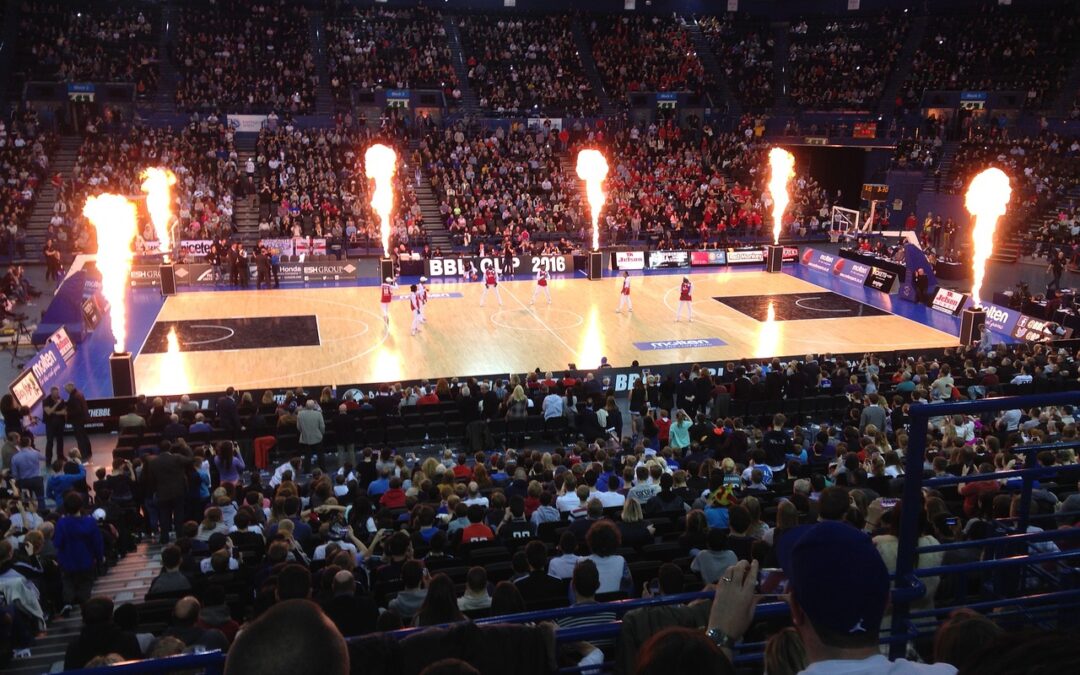Coaching youth sports, particularly basketball, presents a unique set of challenges, and one of the most crucial aspects of the coaching process is bringing out the energy and effort in young players. In this article, we’ll delve into the concept of cultivating energy and effort in youth athletes. We’ll explore strategies, techniques, and the importance of instilling these attributes in young athletes to create a positive and successful learning environment.
Defining Energy and Effort
Before we can expect young players to exhibit energy and effort, we must define what these terms mean in the context of sports. Energy can be understood as the enthusiasm, motivation, and the positive vibe that players bring to the game. Effort, on the other hand, refers to the commitment, hustle, and determination displayed on the court.
Defining these terms is crucial for young athletes, so they have a clear understanding of what is expected of them.
Setting Clear Expectations
As coaches, we must establish clear expectations for our young athletes. Demanding energy and effort right from the start is essential. It’s important to communicate that energy and effort are non-negotiable components of the game.
Create a culture in which players understand that these attributes are prerequisites for participation.
Leading by Example
Coaches play a pivotal role in modeling the behavior they wish to see in their players. If you expect your athletes to bring energy and effort, you must exhibit the same qualities during practices and games.
Demonstrating a high level of enthusiasm and effort will inspire your players to do the same.
Making it a Habit
Consistency is key. Make it a habit to encourage and praise energy and effort during every practice and game. Positive reinforcement goes a long way in motivating young athletes to give their best.
Whether it’s clapping, high-fives, or words of encouragement, these small gestures can manufacture energy and effort within the team.
Conditioning
Physical conditioning is an integral part of any sport. Well-conditioned athletes can sustain their energy levels and effort throughout a game.
Make sure your players are in good physical shape, as this will enable them to maintain their performance levels and ensure that they don’t falter due to fatigue.
Challenging Comfort Levels
One effective way to boost effort is by pushing players out of their comfort zones. Challenge your athletes to step outside their usual boundaries and strive for improvement.
Recognize moments when they surpass their average effort, and encourage them to do even better. This can include setting goals, like the number of rebounds or steals in a game, and progressively increasing the challenge.
Motivation through Stories and Examples
Sharing inspiring stories and showing examples through film can help young athletes understand what energy and effort look like. Highlight the efforts of professional players or showcase moments of exceptional play.
Visual aids and stories can ignite motivation and provide a reference point for aspiring athletes.
Encouraging Energy Givers
Every team has those players who naturally exude energy and enthusiasm. Identify these energy givers within your team and encourage them to motivate their teammates.
When one player is consistently enthusiastic, it can have a ripple effect, positively impacting the entire team.
Tracking Progress
Celebrate small victories and track progress. Set up drills and challenges that progressively become more difficult.
By achieving goals and witnessing their own improvement, players will be more motivated to bring energy and effort to the court.
Mood-Independent Effort
Effort should not be dependent on an athlete’s mood. Teach your players that regardless of how they feel, they are expected to give their best on the court. This mental discipline is a valuable lesson that can be applied both in sports and life.
Conclusion
Unleashing energy and effort in youth coaching is an ongoing process that requires dedication, communication, and leadership. By setting clear expectations, leading by example, making it a habit, conditioning, challenging comfort zones, motivating through stories and examples, encouraging energy givers, tracking progress, and promoting mood-independent effort, coaches can help young athletes develop the qualities necessary for success in sports and beyond. Building a culture of energy and effort ensures that every practice and game is an opportunity for growth and improvement.
Related: Simplifying Youth Basketball Defense
Resources:
Coach Unplugged Podcast:

Ep 1903 Bringing Energy and Effort to Practice
If you found this useful, don’t forget to check out additional blog posts at TeachHoops.com. Also, check out TeachHoops on Facebook, Twitter, Instagram and YouTube.



